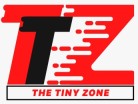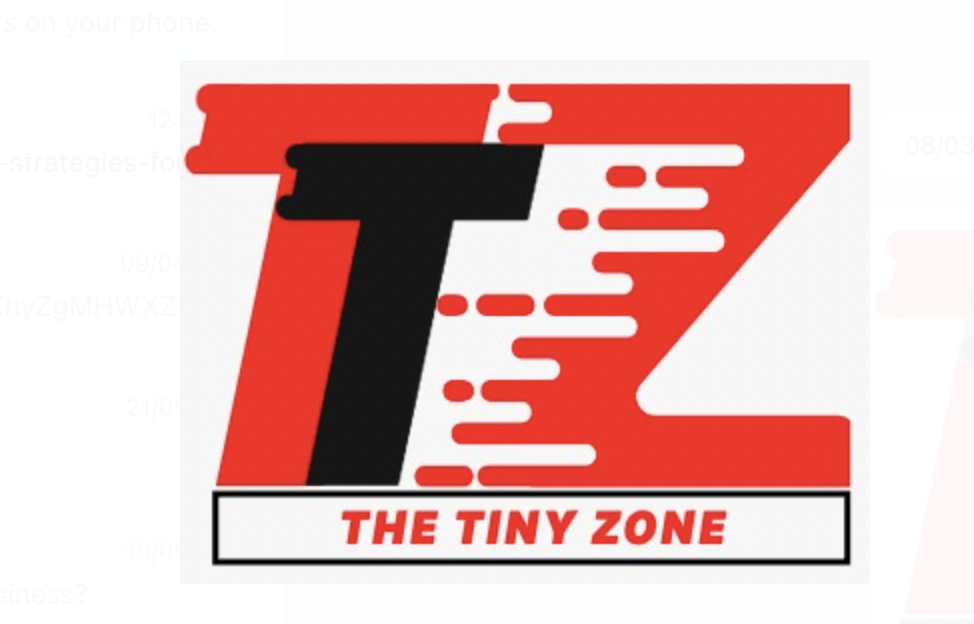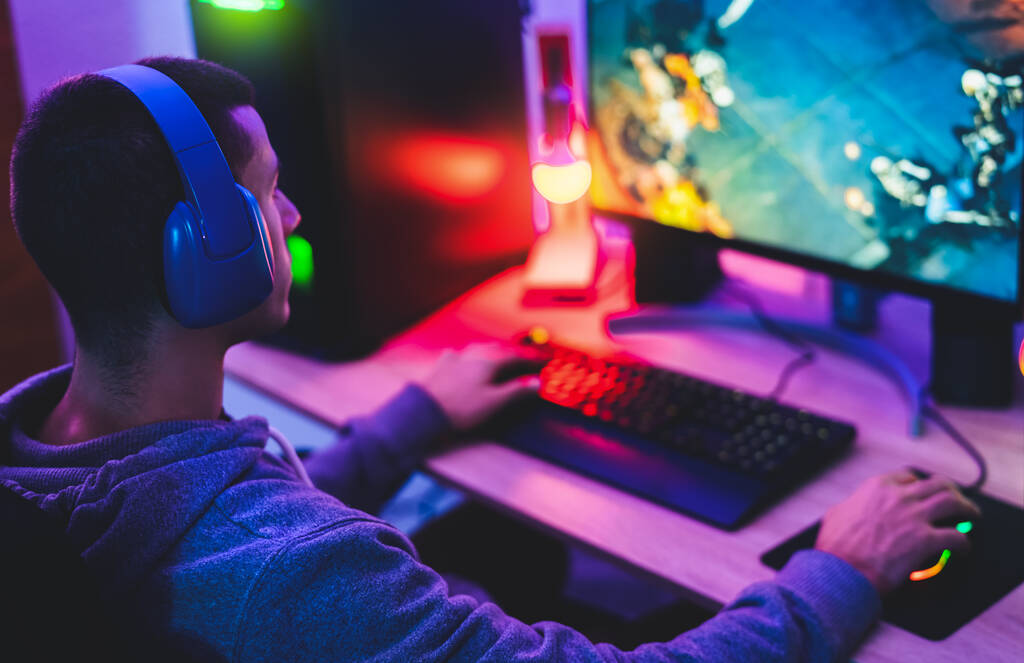People love watching characters who seem to see more than others. In shows like Poker Face, Sherlock, and Mindhunter, these characters don’t use magic. Instead, they pay close attention. They notice what others miss, and that helps them understand what other people are thinking or planning.
These moments offer more than entertainment—they show us that paying close attention offers a real-world advantage. When someone knows how to observe, they can often spot the truth hiding in plain sight.
That’s not just something for detectives. It’s helpful in real life, at work, at home, and even when playing games. Let’s explore how these skills function and how we can apply them daily.
How TV Characters Use Observation
Think about Sherlock Holmes—his skill lies in how much he notices. From how a person ties their shoelaces to a stain on their coat, he connects dots that others don’t even see. These details build a bigger picture, and that picture often leads to the truth.
Charlie from Poker Face operates a bit differently. She senses when someone isn’t telling the truth, not through fancy tools but through careful attention. Her instincts may seem like a superpower, but they’re grounded in observation and a deep understanding of how people behave.
Holden Ford is another character known for his observational skills. What makes Mindhunter stand out is his use of silence as a tool. He doesn’t just study what people say—he watches how they act when they don’t speak. Shifts in tone, eye movement, or posture help him better understand the people he interviews.
There’s also something to learn from games that require careful thinking. At a virtual blackjack table, players can’t rely on physical cues from opponents. Instead, they focus on how the game unfolds, like how quickly someone places a bet or changes their pattern.
Even in an online setting, noticing these small changes can shape how a hand is played, making observation just as crucial as luck or strategy.
Skills Behind the Screens
Many assume observation is just about watching, but it’s more than that. It involves listening to tone, noticing body language, and picking up on what people aren’t saying. Those who develop these habits are often more aware of their surroundings and the people in them.
Characters like Sherlock Holmes and Holden Ford take their time. They don’t rush to respond; they pause, assess, and carefully choose their next move. This patience lets them process more information before acting, which can make all the difference in high-stakes situations.
Beyond fiction, these observational skills prove valuable in real life. People practising them can better understand their co-workers, manage conflicts, and connect more deeply in conversations. It all begins with being present and showing interest in what’s happening around you.
The good news is that observation can be improved with practice. Start small, like noticing how someone reacts when a topic changes or behaves when nervous. Over time, these details become easier to spot, and patterns begin to emerge.
Applying These Lessons in Real Life
Strong observation skills help in almost every setting. For instance, you might pick up on a team member feeling stressed at work even if they say they’re fine. In social situations, spotting changes in body language can guide you in how to respond or support someone better.
For example, a shift in your child’s behaviour might signal they need support in a family setting. Observation skills like this can be valuable every day.
It’s not about mind-reading; it’s about gathering cues to foster clearer communication. It means collecting small pieces of information and then using them to ask thoughtful questions or choose the right moment to speak. That makes interactions feel smoother and more respectful.
These abilities are also helpful in parenting or teaching. A child might say they understand something, but their tone or facial expression may tell a different story. When you notice, you can step in gently and help, which builds trust over time.
People who rely on observation often make better decisions. They base their actions not just on words but on a fuller view of what’s going on. It’s a quiet skill that can make a loud impact.
Mistakes to Avoid When Reading People
Relying too much on assumptions can backfire. If someone crosses their arms, it doesn’t always mean they’re angry. They might be cold or simply more comfortable that way. Judging too quickly can lead to misunderstandings.
Another issue is reading too deeply into every small gesture. Not every pause or glance carries a hidden meaning; trying to find a signal in everything can make interactions tense or awkward.
Balance is key. Good observers stay curious, not certain. They understand that people are complex and that context matters. Learning to read people well means staying open and flexible, not rigid or overly confident.
Observation isn’t about control. It’s about connection. When used with care, it can help build stronger relationships and improve communication in every part of life.
Final Words
Watching how people act in shows is fun but teaches us something real. Observation isn’t just a skill for solving mysteries—it’s a way to understand others better. You don’t need to be perfect, just curious and open.
The more you practise noticing, the more you’ll learn. It might not make you a detective, but it can make you a better friend, co-worker, or even player at the table. Sometimes, all it takes is slowing down and seeing what’s in front of you.


